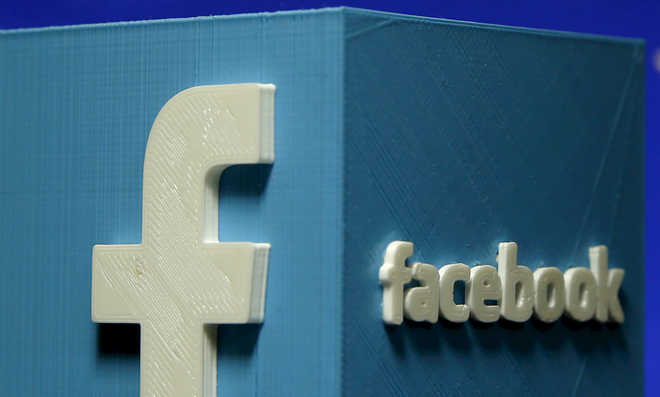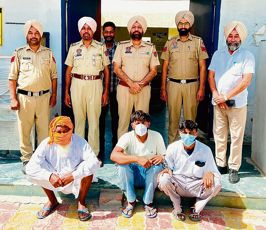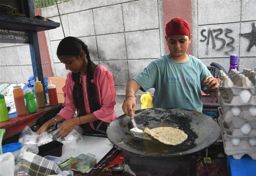
Reuters file photo
Los Angeles
Scientists have found a way to mathematically determine whether something will go viral on Facebook.
Researchers have proposed a new strategic approach for information spreading via Facebook using cancer screenings as a health intervention.
Researchers at Chapman University in California used Facebook to identify social clusters and opinion leaders and mathematically determined the best way to spread information, using health information as the subject.
What they found is neither way is better than the other.
Rather, for maximum reach the best way to spread (or diffuse) information is to utilise both opinion leaders and social clusters on Facebook.
“In the simplest terms, we are asking: can we mathematically determine whether something will go viral on Facebook," said Daniele Struppa, chancellor of Chapman University.
By using Facebook to identify socially bonded clusters of people, culturally distinct subgroups and different united social entities that coexist within a larger community, the researchers created a computational simulation consisting of seven prepositions and five algorithmic steps to identify the way to achieve the maximum reach of people, using cancer prevention information as the subject.
“This paper challenges diffusion research established methods," said Chapman University assistant professor Kerk Kee.
“Common diffusion methods suggest that employing an opinion leader is the best way to spread information; however, this research suggests that one person in a social cluster can spread information to others just as effectively or more under certain network configurations on Facebook," said Kee.
The seven propositions describe how information spreading, higher dimensional groups, social aggregations (a complex network of individuals and socially bonded clusters of people) on Facebook can be mathematically conceptualised to extend classical network analysis to a higher dimensionality.
These identify Facebook friends and users who share world views, a shared identity and ideology, shared groups, using similar linguistic styles, and endorsing or "liking" similar postings.
"One can argue that Facebook has become an integral part of many people's communication repertoire; people continue to be social when they are indoors," said Chapman professor Lisa Sparks.
"They chat online with friends and keep up with them via their Facebook pages. Given Facebook's highly diffused status and heavy daily dosage, we believe it is one of the best platforms for understanding how a mathematical model can be used for health interventions," said Sparks.
The study was published in the journal Health Communication. — PTI



























